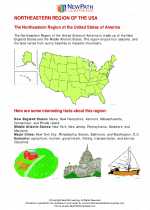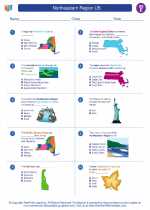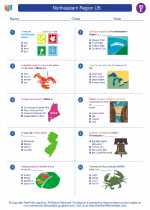Public Safety
Public safety refers to the welfare and protection of the general public from dangers, threats, and emergencies. It encompasses various measures and strategies implemented by government agencies, law enforcement, and community organizations to ensure the well-being and security of citizens.
Study Guide
1. Role of Government Agencies
Government agencies such as police departments, fire departments, and emergency medical services play a crucial role in maintaining public safety. They are responsible for responding to emergencies, enforcing laws, and preventing crime and accidents.
2. Community Engagement
Community engagement and awareness are essential for promoting public safety. Neighborhood watch programs, public safety campaigns, and disaster preparedness initiatives help educate and involve citizens in safeguarding their communities.
3. Emergency Response and Preparedness
Public safety measures include emergency response protocols and preparedness plans for natural disasters, terrorist threats, and other crises. Training programs and drills are conducted to ensure prompt and effective responses to emergencies.
4. Crime Prevention
Law enforcement agencies work to prevent crime through patrols, investigations, and community outreach. Crime prevention initiatives aim to address root causes of criminal behavior and promote public trust in law enforcement.
5. Public Health and Well-being
Public safety also encompasses initiatives for promoting public health, mental well-being, and overall quality of life. Programs addressing substance abuse, mental health awareness, and healthcare access contribute to a safer and healthier society.
.◂Social Studies Worksheets and Study Guides Fifth Grade. Northeastern Region US

 Worksheet/Answer key
Worksheet/Answer key
 Worksheet/Answer key
Worksheet/Answer key
 Worksheet/Answer key
Worksheet/Answer key
